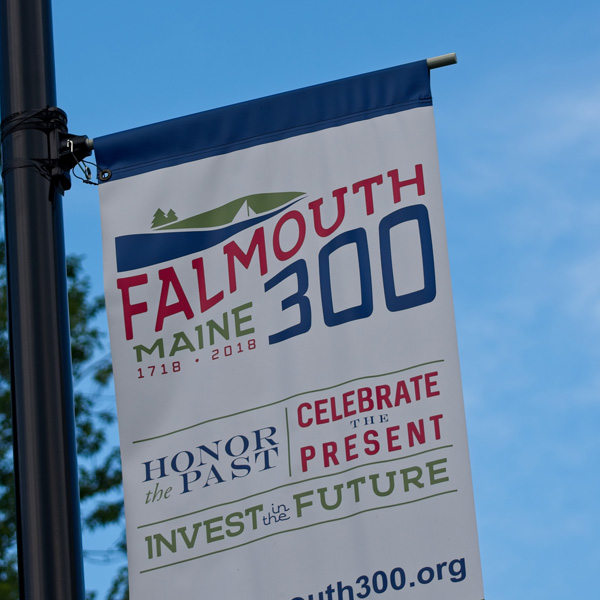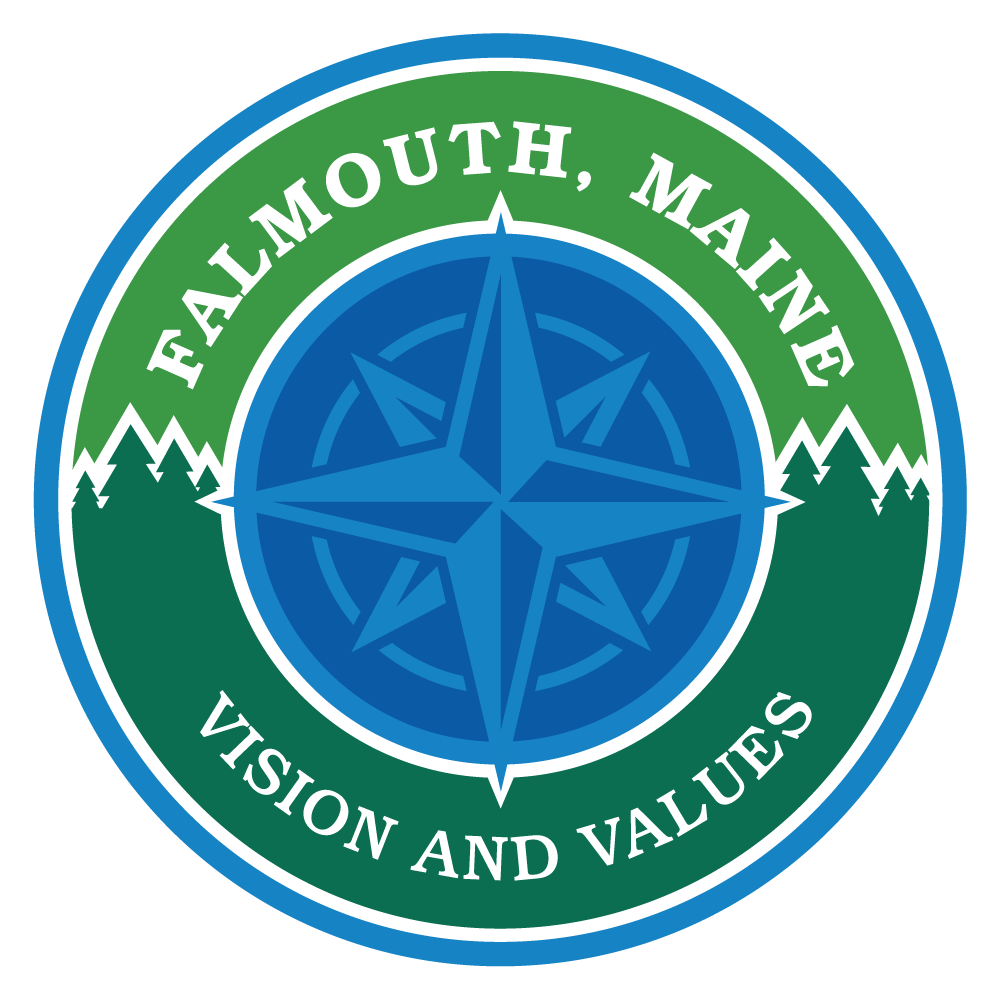Participants were randomly assigned to breakout groups of 5-8 and asked to report back to the large group. The following paper synthesizes participant notes and live discussion of these questions; it concludes with some initial insights on the role the cost of living may play in planning for the future of Falmouth.

*(Definition of a future-splitting decision or issue: Something that represents a fork in the road, where future outcomes are significantly shaped by the decision or direction)
*(Definition of a sweet spot: An optimal point or combination of factors or qualities)

For more information about the Town of Falmouth Vision and Values project, please contact:
David Beurle, CEO
Future iQ
Phone: (612) 757-9190
david@future-iq.com